NOTE: This was in the comment section to the post below, but I’ve moved it up. It’s Bob’s account of Monday night when he received a Lifetime Achievement Award from the Drammy committee, which dispenses awards to the local theater community.
Ah, Barry. Thank you sincerely for tooting my horn, although that headline’s a bit over the top. My impression of last night’s Drammy Awards is one of humor and grace, and I believe I’d feel that way even if I hadn’t been pulled into the midst of it. (I confess to feeling just a little like Tom Sawyer and Huck Finn peeking in on their own funeral.)
I’ve made fun of Portland’s penchant for standing ovations in the past, but let me tell you, standing on a stage and actually receiving one is a heady and discombobulating experience. It felt like a blessing, and we can all use as many blessings as we can get. But I am more than willing to leave the experience from this point on to actual performers, who after all, put their emotional lives on the line every night.
And now let me point out that my little corner of the awards ceremony at the Crystal Ballroom was just that: a little corner, as it should be, in a large and generous evening that celebrated the accomplishments of Portland’s lively theater community. And “community” is right: This was an evening of both polish and spontaneity, with an air of genuineness that overly scripted events like the Oscars can only wish they could recapture.
Mom-and-daughter co-hosts Vana and Eleanor O’Brien set the mood by inviting all the presenters to tell a joke, and so they did, from the corny to the blue to the downright hilarious. My favorite was a yarn about a couple of tekkies and a stage manager who are stranded on a desert island and stumble across the inevitable genie in a lamp, who grants each a wish. After the first two have themselves whisked off the island to lives of leisure and wealth, it’s the stage manager’s turn. Looking at his watch, he says, “I want those two back here in 10 minutes!” The house erupted.
The evening had its serious moments, particularly from best-actress winner Luisa Sermol on the ways the nine Iraqi women in “9 Parts of Desire” got inside her skin, and from supporting actress Michele Mariana (Fraulein Schneider in “Cabaret”) on the links among theater, family, courage and politics. But in general this was a lovefest – a far cry from the awards’ early days, when they were called the Willies, and when booze-fueled actors and directors were as likely to boo a selection from the crowd or pull a Marlon Brando and refuse an award as to cheer the winners. Those days had a certain bravado, a certain unpredictability, a certain rough-cut charm. Last night had, as I said, humor and grace. It was like the difference between the Ride of the Valkyries and “The Magic Flute.”
I liked the way the awards reflected the diversity of Portland theater: a dozen of 39 total awards for the city’s biggest company, Portland Center Stage (half of them, including an outstanding production nod, for “Twelfth Night”), seven (including an outstanding production for “Grace”) for the lean and vital Third Rail Rep, and a liberal smattering for smaller companies ranging from the musical-centric Live on Stage and Broadway Rose to such adventurous alternative troupes as defunkt and Sojourn. The rewards represented the validity of varying approaches to the art of theater: the traditional resident-theater professionalism of Center Stage; the high-quality, low-rent professionalism of Third Rail; the tradition-bending adventurousness of the smaller companies (Sojourn won the third outstanding-production award for “Good,” an original, site-specific show that took place in a car dealership).
Someone asked me after the ceremony if I’d ever been an actor. No, and I never wanted to be. Nor did I ever want to be a playwright, or a director (although now and again I DID wish I could re-direct a show). I was never in competition with the people who made theater; I was content to speak for the audience – to start a conversation, really.
Writing is a solitary adventure. Theater is a social art. As a writer, that excited me – that sense that art can rise from collaboration, from the unspoken spaces between. It excites me still, and I am happy to have left The Oregonian’s theater chair in the intelligent and capable hands of Marty Hughley, whose eye and ear and voice compel his readers to approach the stage with an open and curious mind.
I would like to thank Gretchen Corbett for her generous words of introduction, Richard Wattenberg for his kind essay in the Drammy program, the entire Drammy committee for coming up with the audacious idea that an award might be given to a critic, and that wonderful roomful of theater makers who so generously showered me with the grace of their good wishes. And I would like to officially apologize to the fine young actor Taylor Caffall, who won a supporting-actor award for his work in Alan Ayckbourn’s “Garden,” and to whom I mistakenly referred, in an admiring notice way last fall, as Taylor “Calfall.” Enough said.
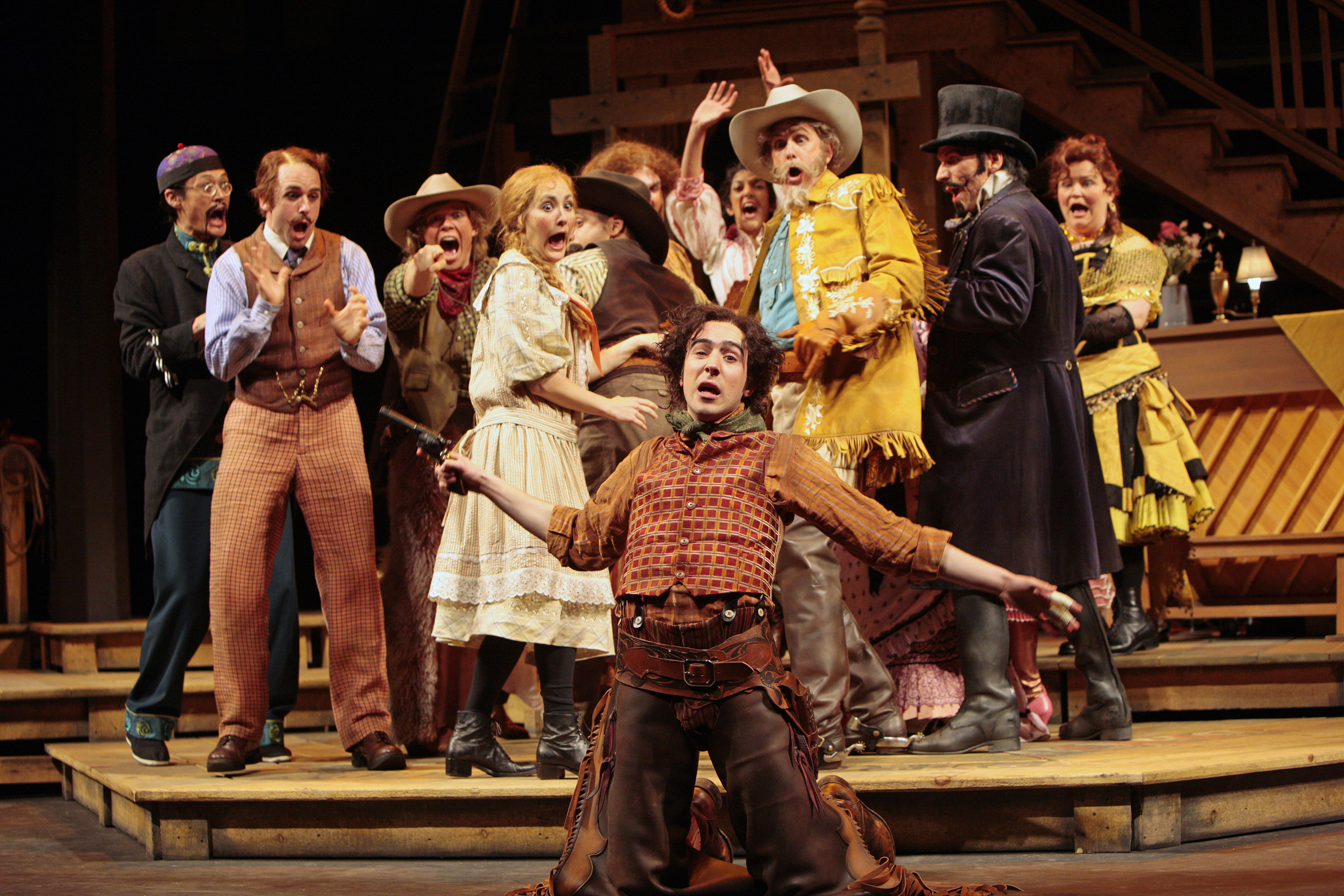
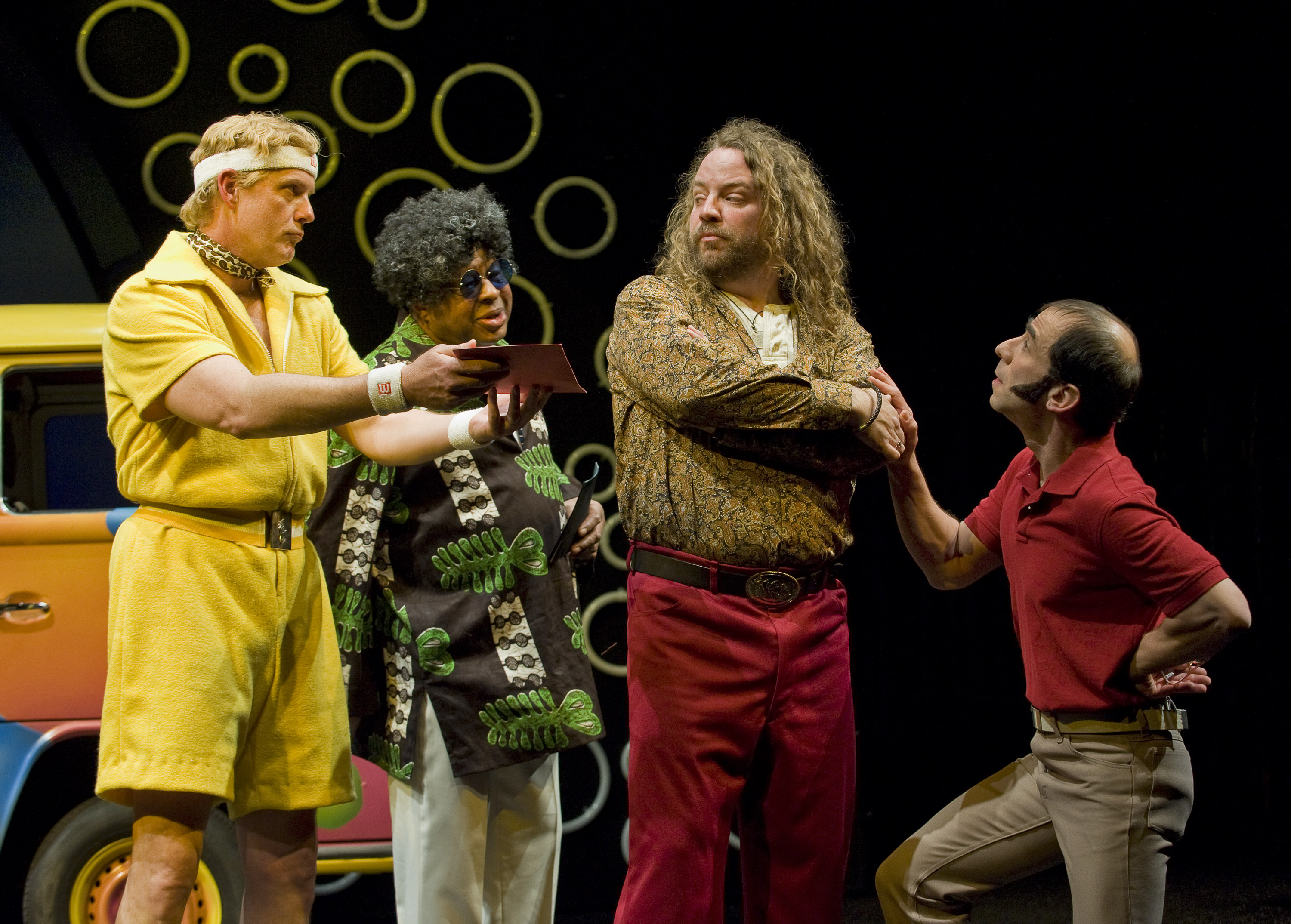


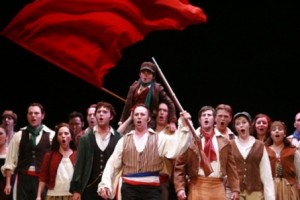
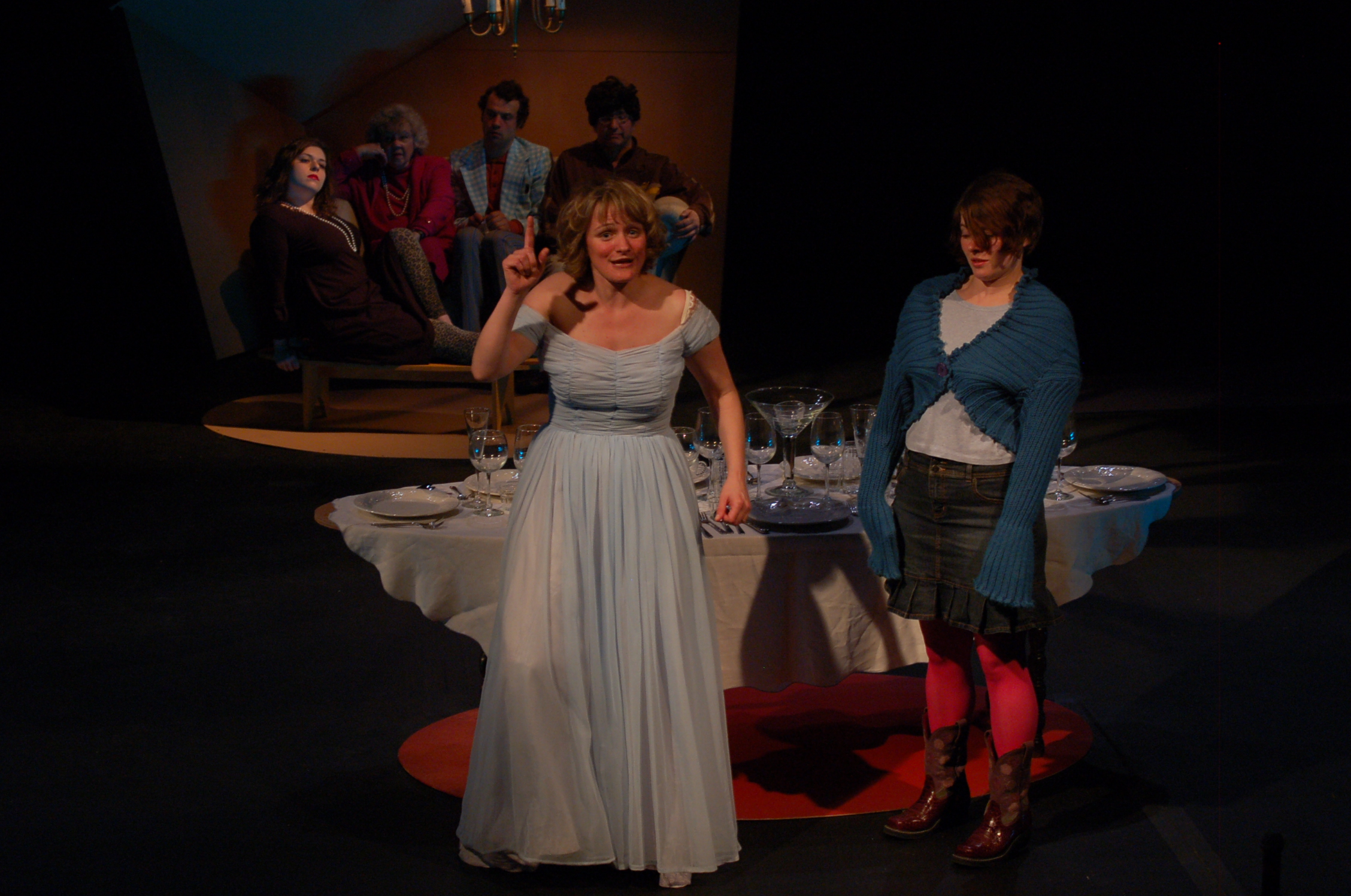
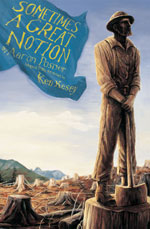 Dismantling Paradise is hard work. Accomplishing it by proxy, such as in writing a novel, also takes its toll. Perhaps that’s why
Dismantling Paradise is hard work. Accomplishing it by proxy, such as in writing a novel, also takes its toll. Perhaps that’s why 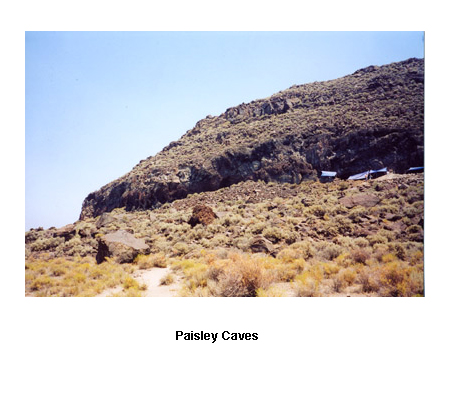 The findings in the
The findings in the